Join our list
Subscribe to our mailing list and get interesting stuff and updates to your email inbox.
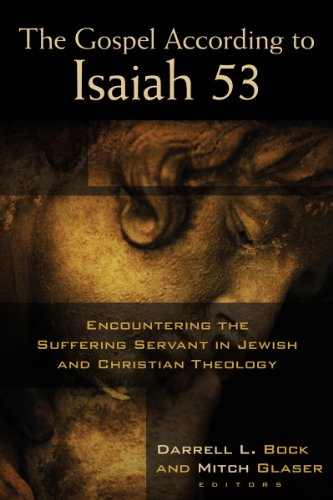 Author(s): Darrell Bock
Author(s): Darrell BockPublisher: Kregel Academic
Price: $2.99 (Nov 25-26)
The Gospel According to Isaiah 53 presents the redemptive work of the Messiah to the Jewish community,
exploring issues of atonement and redemption in light of Isaiah chapter 53. It is clear that Jesus fulfills the
specifications of the suffering servant of Isaiah 53.
This book has many potential uses in its presentation of the gospel for Jewish people. Pastors
who study it will find unparalleled help in preparing Bible studies and sermons, so that their listeners will
become better equipped to tell Jewish people about Jesus. It will be beneficial as supplemental reading for classes on Isaiah, the Prophets, and Jewish evangelism. And believers will be trained to share Isaiah 53 with
Jewish friends and family.
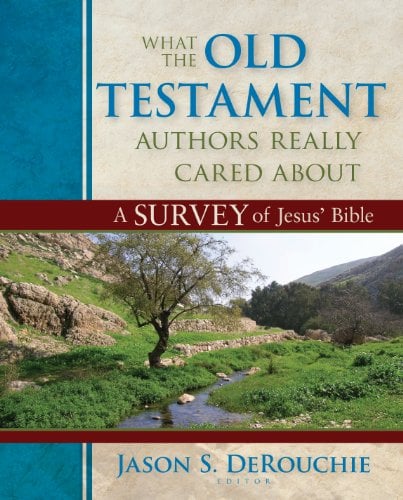 Author(s): Jason DeRouchie
Author(s): Jason DeRouchiePublisher: Kregel Academic
Price: $2.99 (Nov 18-19)
An accessible, full-color OT survey textbook focusing on the message of each book
Written from an irenic, evangelical perspective, this Old Testament survey is designed to unpack what the biblical authors most intended to communicate in the Scripture that Jesus read. As the corresponding volume to the previously published What the New Testament Authors Really Cared About (Kregel Academic, 2008), it is well-suited for use in a college, seminary, or church context. Students of the Bible will find this full-color textbook accessible and engaging.
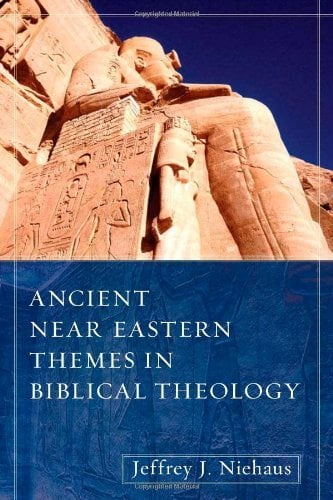 Author(s): Jeffrey Niehaus
Author(s): Jeffrey NiehausPublisher: Kregel Academic
Price: $2.99 (Oct 28-29)
Traces the many parallels between the Old Testament (and Bible as a whole) and the ancient Near East, including creation and flood narratives, common literary and legal forms, supposed acts of deities and the God of the Bible, and more. Instead of merely studying a random selection of parallels, however, Jeffrey Niehaus proposes that they represent “a shared theological structure of ideas in the ancient Near East, a structure that finds its most complete and true form in the Old and New Testaments.” This comprehensive and enlightening resource promises to help students and discerning Bible readers to intellectually grasp and appreciate the overarching story of the Bible within its cultural development.
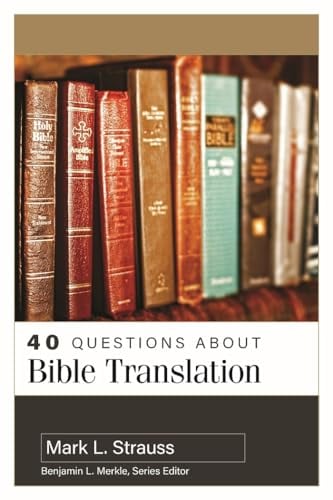 Author(s): Mark L. Strauss
Author(s): Mark L. StraussPublisher: Kregel Academic
Price: $2.99 (Oct 8-9)
Nearly all believers read a translation of the original texts of the Bible, yet few understand the complex art and scholarship unique to Bible translation
The importance of Bible translation in historic and contemporary Christianity cannot be overstated, with millions around the globe reading and studying the Bible in their own language. Notable translation expert Mark Strauss answers a wide range of questions about this the process and reliability of this endeavor so essential to the core Christian faith.
40 Questions About Bible Translation covers topics related to the process and history of Bible translation; Bible versions and international translation efforts; and the multifaceted challenges in translating the Bible, such as:
What makes Bible versions different from one another?
What should be the goal of translation?
When, why, and how were chapters and verses introduced into the Bible?
How did the King James Version (KJV) come about?
How do international Bible translators go about their work?
What is the difference between grammatical and biological gender and how does this affect translation?
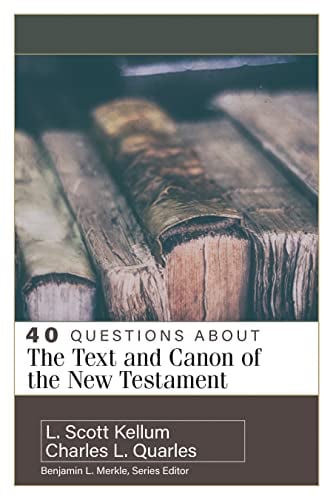 Author(s): Charles Quarles
Author(s): Charles QuarlesPublisher: Kregel Academic
Price: $2.99 (Sept 2-3)
How did the New Testament come to be?
The ancient writings that comprise the New Testament are critical for understanding the life, teachings, and impact of Jesus of Nazareth, all of which are central to Christianity. But how were these texts circulated, collected, and given their canonical status? Is the New Testament a trustworthy source for learning about Jesus and the early church?
New Testament scholars Charles L. Quarles and L. Scott Kellum address the most pressing questions regarding the study of New Testament texts, their transmission, and their collection into the canon, such as these:
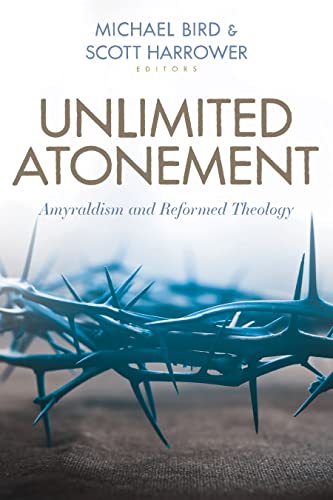 Author(s): Michael F. Bird & Scott Harrower
Author(s): Michael F. Bird & Scott HarrowerPublisher: Kregel Academic
Price: $2.99 (July 22-23)
Limited atonement is not the only Reformed model of atonement
“Hypothetical universalism,” or “unlimited atonement,” states that Christ’s death is sufficient for the guilt of all people yet is only effectively applied to those with faith. This tradition, typified by the French Reformer Moïse Amyraut, has continued among Anglicans and Baptists for over four centuries, yet has been underexplored in Reformed systematic theology.
Unlimited Atonement fills a gap in resources on atonement theology that begin with the unlimited love of God. Editors Michael F. Bird and Scott Harrower draw on the specialties of each of the ten contributors, addressing themes such as
• the biblical and historical sources of the soteriological position known as Amyraldism
• distinctive features of Anglican atonement theology
• hypothetical universalism, election, and the Baptist theological tradition
• other prominent advocates of unlimited atonement
• the issues of systematic theology at stake
• atonement theology in preaching
 Author(s): Donald Sunukjian
Author(s): Donald SunukjianPublisher: Kregel Academic
Price: $2.99 (May 20-21)
Written in a conversational style with profuse examples to illustrate all concepts, this text takes the reader step-by-step through the entire process of preparing a biblical message, from studying a passage with skill and integrity to delivering a message with persuasion, accuracy, passion, and relevance.


